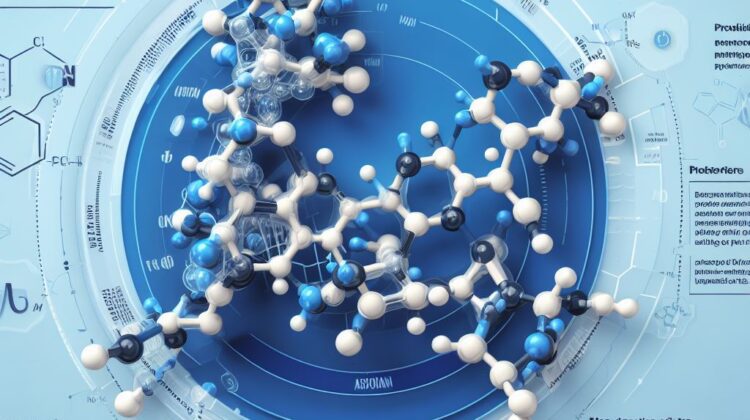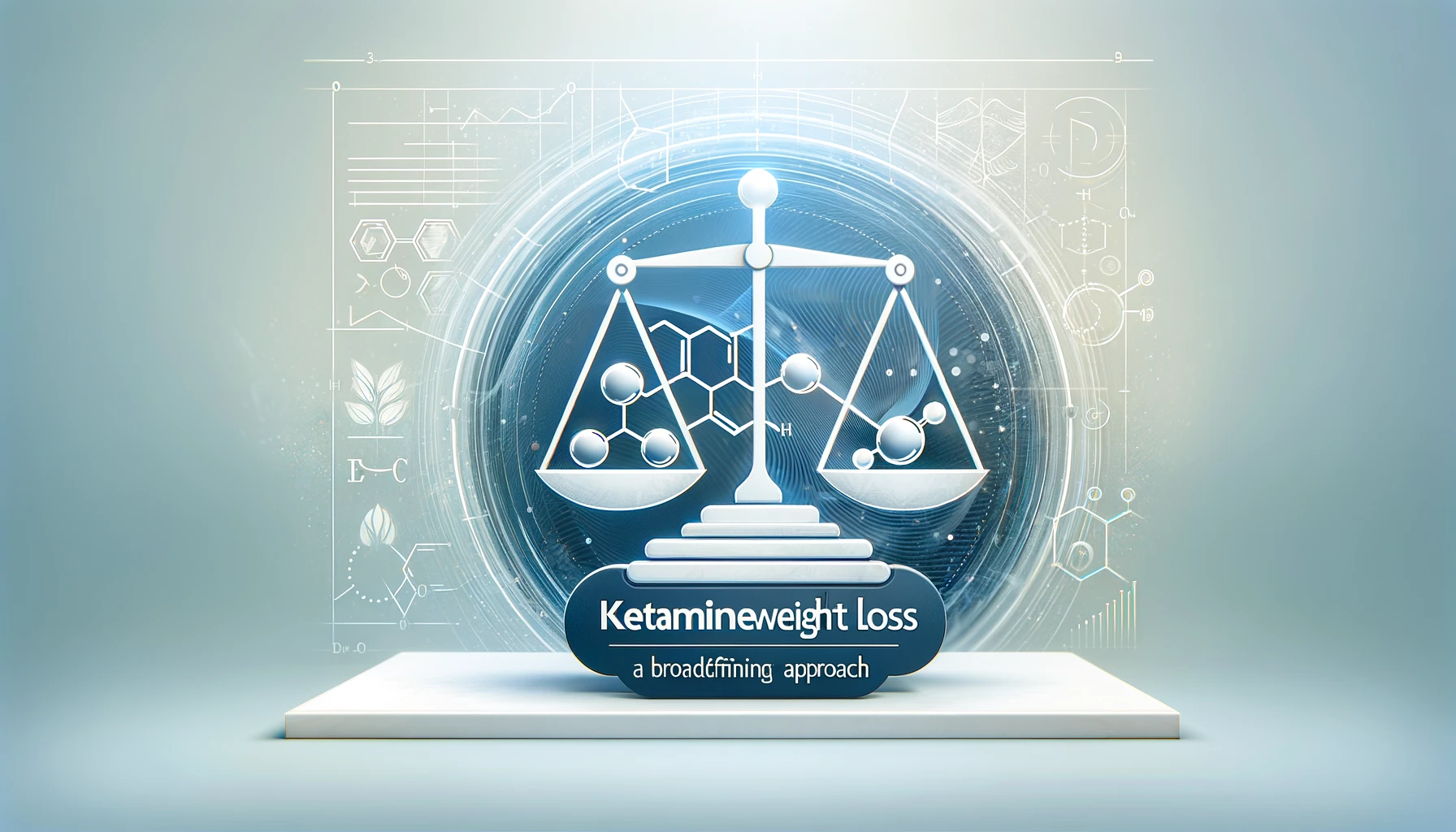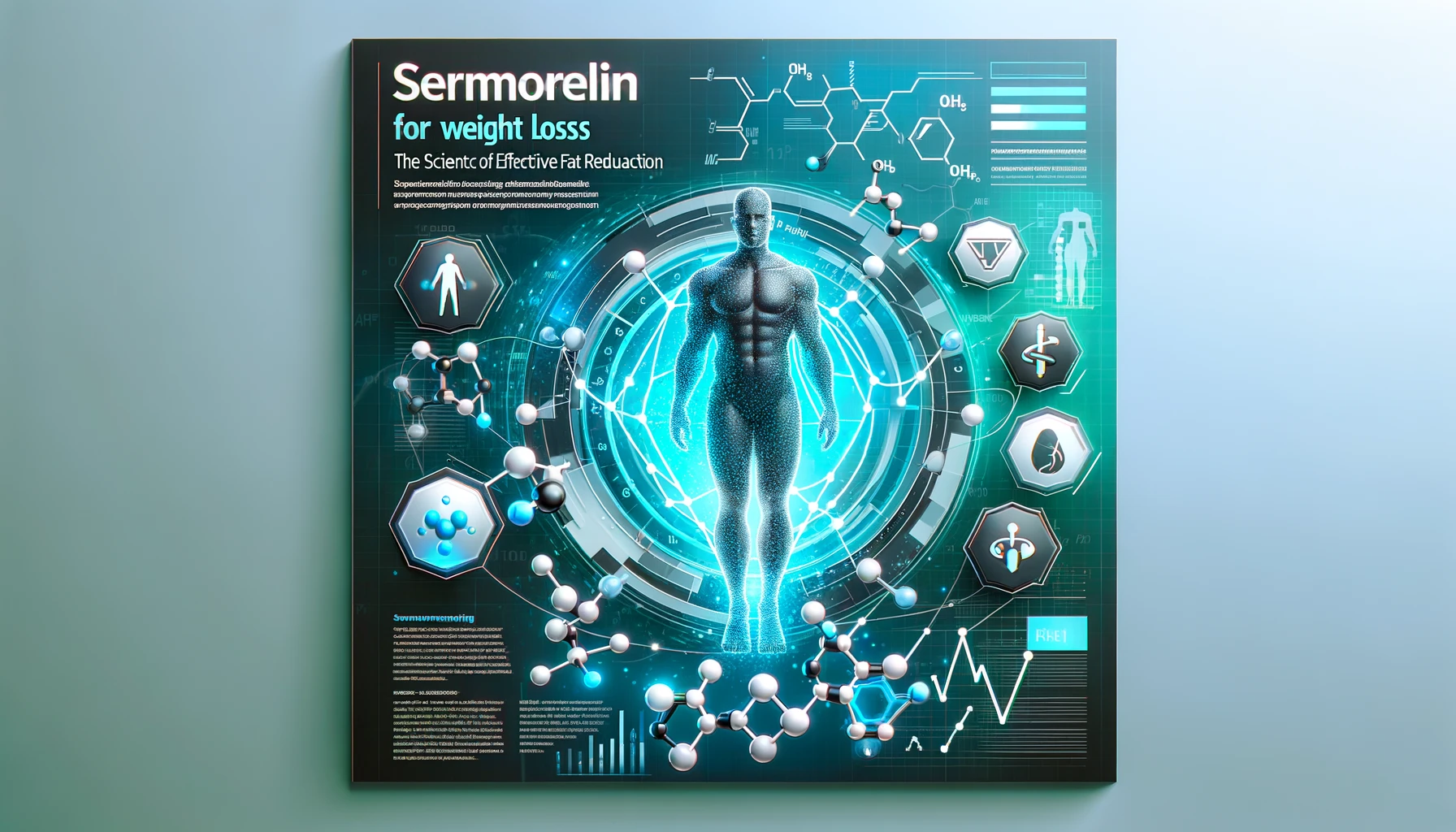
peptides for weight loss
In the pursuit of a healthier and leaner body, many individuals turn to various weight loss methods. One such method that has gained significant attention in recent years is the use of peptides for weight loss. Peptides are small proteins that play crucial roles in various physiological processes within the body.
But can these tiny molecules actually help shed those extra pounds? In this article, we’ll delve into the world of peptides and explore their potential for aiding in weight loss.
Understanding Peptides
Peptides are fascinating molecules that play intricate roles in the functioning of the human body. To gain a more comprehensive understanding of peptides, let’s explore their structure, functions, and significance in various physiological processes.
Peptide Structure
Peptides are composed of amino acids, which are organic compounds that serve as the building blocks of proteins. Amino acids link together in specific sequences to form peptides. The length of a peptide chain can vary, ranging from just a few amino acids to several dozen.
Functions of Peptides
Peptides are versatile and multifunctional. They participate in numerous vital processes within the body, including:
- Hormone Regulation
Certain peptides act as signaling molecules that regulate hormones. For example, insulin is a peptide hormone that plays a central role in controlling blood sugar levels. By facilitating the uptake of glucose into cells, insulin helps regulate energy metabolism.
- Digestion
Peptides are crucial for digestion. Enzymes, which are specialized proteins, break down dietary proteins into smaller peptide fragments. These fragments are then further digested into individual amino acids, which can be absorbed and used by the body.
- Immune Response
Peptides are integral to the body’s immune system. Some peptides, called antimicrobial peptides, serve as natural defenses against bacteria, viruses, and other pathogens. They help the immune system combat infections.
- Neurotransmission
In the nervous system, peptides function as neurotransmitters. Neuropeptides play a role in transmitting signals between nerve cells, contributing to various physiological processes, including pain perception and mood regulation.
How Do Peptides Work?
Peptides work by signaling specific receptors in the body. Some peptides can mimic the action of hormones, such as insulin and growth hormone, which play crucial roles in metabolism and fat storage. By modulating these hormones, peptides can potentially impact how the body stores and burns fat.
Peptides and Weight Loss: A Comprehensive Examination

Peptides have garnered significant attention in recent years as potential agents for aiding in weight loss. To gain a more comprehensive understanding of how peptides may impact weight management, let’s take a closer look at the mechanisms and considerations involved.
Appetite Regulation
One of the key aspects of weight management is controlling appetite. Peptides play a pivotal role in this area:
- Leptin: Often referred to as the “satiety hormone,” leptin is a peptide hormone produced by fat cells. It signals to the brain that the body has sufficient energy reserves, leading to feelings of fullness. In individuals with leptin resistance, this signaling process may be impaired, potentially contributing to overeating and weight gain.
- Ghrelin: Ghrelin is another peptide involved in appetite regulation. It is produced mainly in the stomach and stimulates hunger signals. Elevated ghrelin levels can lead to increased food intake, making it a target for weight management interventions.
Fat Metabolism
Peptides have been explored for their potential to influence fat metabolism, which is central to weight loss efforts:
- Fat-Burning Peptides: Certain peptides, often referred to as fat-burning peptides, have shown promise in promoting lipolysis—the breakdown of fat cells. These peptides activate specific receptors on fat cells, encouraging the release of stored fat for energy utilization. As a result, individuals may experience a reduction in body fat percentage.
- Insulin Regulation: Insulin, a peptide hormone, plays a vital role in glucose metabolism. Proper insulin regulation is essential for preventing excessive fat storage. Peptides that influence insulin sensitivity may indirectly support weight loss by promoting balanced blood sugar levels.
Muscle Preservation
Preserving lean muscle mass is critical during weight loss, as it helps maintain metabolic rate:
- Muscle-Building Peptides: Some peptides are known for their ability to support muscle growth and maintenance. This is crucial because as individuals reduce calorie intake to lose weight, there’s a risk of losing muscle mass. Peptides that aid in muscle preservation can mitigate this effect.
Considerations for Peptide Therapy
While the potential of peptides in weight management is intriguing, it’s important to approach peptide therapy with several considerations:
- Professional Supervision: Peptide therapy should be conducted under the supervision of a qualified healthcare professional. Individualized treatment plans and monitoring are essential to ensure safety and effectiveness.
- Long-Term Effects: The long-term effects of peptide therapy for weight loss are not yet fully understood. Research in this field is ongoing, and more data are needed to assess the sustainability of results and potential side effects.
- Lifestyle Factors: Peptide therapy should be complemented by a healthy lifestyle that includes a balanced diet and regular physical activity. These factors work in synergy with peptides to achieve and maintain weight loss goals.
Conclusion – Peptides For Weight Loss
In the quest for effective weight loss solutions, peptides have emerged as a topic of interest. These tiny molecules play various roles in the body, and some have shown potential in aiding weight loss by influencing appetite, fat metabolism, and muscle preservation.
However, it’s crucial to approach peptide therapy with care and consult a healthcare professional before considering it as a weight loss option.
ALSO READ: Alpine Ice Hack Weight Loss: Discover the 1 Secret Behind Rapid Fat Burn!
Frequently Asked Questions (FAQs) – Peptides For Weight Loss
-
Are peptides a magic solution for weight loss?
Peptides are not a magic solution for weight loss. While they have shown promise in influencing appetite, fat metabolism, and muscle preservation, they are not a standalone solution. Effective weight loss also requires a balanced diet, regular exercise, and a holistic approach to health.
-
Are there any potential side effects associated with peptide therapy for weight loss?
The potential side effects of peptide therapy can vary depending on the specific peptide used and individual factors. Common side effects may include injection site reactions, mild gastrointestinal symptoms, or changes in hormone levels. It’s essential to discuss potential side effects with a healthcare provider before starting peptide therapy.
-
Can I purchase peptides for weight loss over the counter?
Peptide therapy for weight loss typically requires a prescription and should only be administered under the supervision of a qualified healthcare provider. Over-the-counter peptides may not have undergone rigorous testing or meet safety standards.
-
How long does it take to see noticeable results with peptide therapy for weight loss?
The timeline for seeing results with peptide therapy can vary from person to person. Some individuals may notice changes within a few weeks, while others may require several months to see significant improvements. It’s important to be patient and maintain a consistent treatment plan.
-
What other lifestyle changes should I make alongside peptide therapy for weight loss?
Peptide therapy should be integrated into a comprehensive weight management plan. Alongside peptide treatment, maintaining a balanced and nutritious diet, engaging in regular physical activity, staying hydrated, getting adequate sleep, and managing stress are all crucial components of a successful weight loss journey. Consulting with a healthcare provider or nutritionist can help create a personalized plan that aligns with your goals.
Peptides have generated interest as potential contributors to weight loss due to their roles in appetite regulation, fat metabolism, and muscle preservation. However, they are not a guaranteed solution, and their effects can vary among individuals. It’s essential to approach peptide therapy with care, under professional supervision, and as part of a broader strategy that includes a healthy lifestyle and dietary choices. Always consult with a healthcare provider to determine the most suitable approach for your specific needs and goals.
peptides for weight loss, peptides for weight loss, peptides for weight loss, peptides for weight loss, peptides for weight loss, peptides for weight loss, peptides for weight loss, peptides for weight loss, peptides for weight loss, peptides for weight loss, peptides for weight loss, peptides for weight loss, peptides for weight loss, peptides for weight loss,
NOTICE
Affiliate Disclosure
The links contained in this product review may result in a small commission if you opt to purchase the product recommended. This goes towards supporting our research and editorial team and please know we only recommend high-quality products.
Disclaimer
This content including advice provides generic information only. It is in no way a substitute for a qualified medical opinion. Always consult a specialist or your doctor for more information.
While the information shared here can be helpful, please remember that it is not a replacement for advice from a licensed medical professional. If you have concerns or are taking medication, please speak with a doctor before making any decisions.
Additionally, keep in mind that individual results may vary as these products are not regulated by the Food and Drug Administration. These products are not designed to diagnose, treat, cure or prevent any disease.









